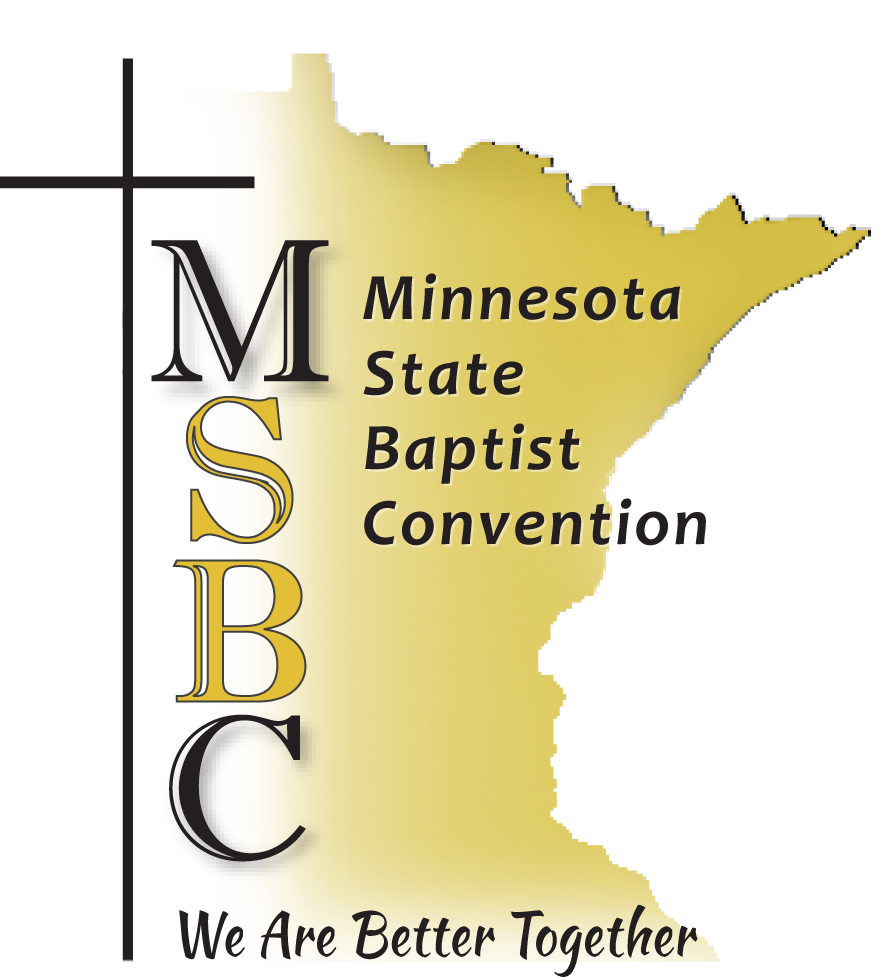The Minnesota State Baptist Convention [MSBC] exists to create healthy, active, and reproductive members of God’s Kingdom in a Bible-based relevant way. In order for one to understand the birthing of the MSBC, one must be knowledgeable about the historical accounts of the plights of Africans in the Diaspora from involuntary residency in the United States of America [USA] towards their freedom from physical, emotional, and spiritual bondage. The first African American churches were organized in Minnesota in the 1800s. In fifteen years, seven were formed between 1863 and 1888 (three African Methodist Episcopal, two Baptist, one Episcopal, and one Catholic). The Baptist Denomination has had and continues to have the strongest presence among African American Christian churches is the state of Minnesota.
The state of Minnesota has been fortunate in the ministry of brothers and sisters who have given themselves, tirelessly and without reservation to the furtherance of Kingdom Building within its borders. It is, of course, impossible to give a great deal of the history covering this MSBC period from then to now; however, pioneer work for the church has been carried on under the leadership of each president with an increase in the participation of churches.
In 2001, under the leadership of Pastor Ian D. Bethel, Sr., New Beginnings Baptist Tabernacle, then MSBC president, we were blessed to host, for the first time in our 25 year history, the 121st Session of the National Baptist Convention, USA, Inc. The MSBC was under the superb spiritual leadership of Pastor Bethel from 1997 to 2002 with the theme: Preparing The Way For The 21st Century.
Although the population of African Americans still remains small in number throughout the state of Minnesota, MSBC believes “We Are Better Together.” Since their inceptions in the 1800s until now, the MSBC churches, pastors, and congregants have a long history of being leaders and providing spiritual guidance and leadership to the state of Minnesota in fighting for the elimination of inequality in social justice issues in the name of Jesus Christ.
